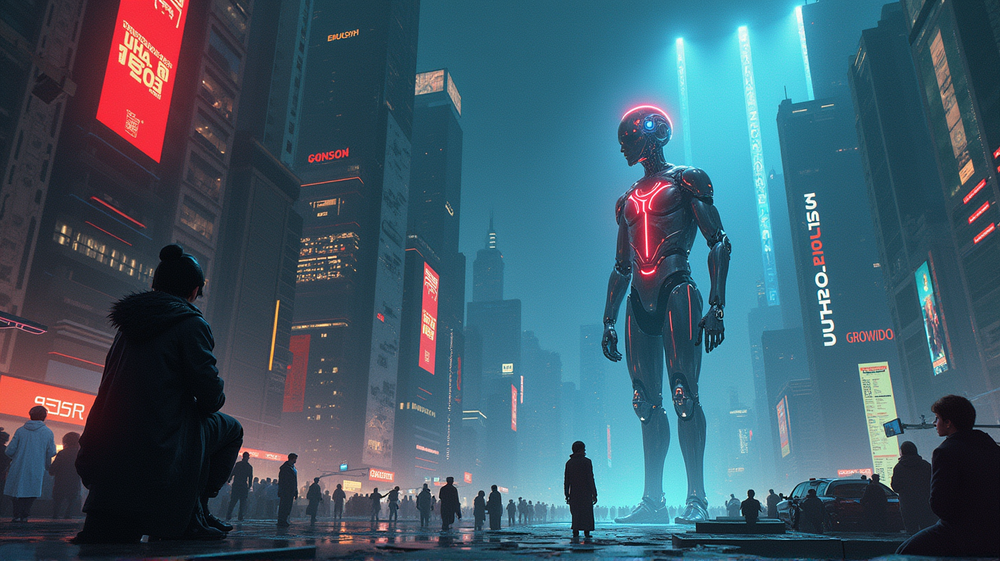Big Tech is crafting a world where democratic integrity seems to teeter on the brink, masked by promises of progression and boundless innovation. As we lean into the digital future, the alluring shimmer of artificial intelligence is becoming harder to resist, even when it comes cloaked in the garb of Orwellian doublespeak.
New Era, New Fears
The AI landscape is alive with rapid developments that promise transformative power, yet lurking behind this is a concerted effort by tech giants to monopolize influence. Three new AI applications – OpenAI’s Sora, a virtual confidant called “Friend,” and Meta’s ad-driven chatbots – unveil a reality that undermines our collective understanding of truth. According to The Guardian, each piece of technology seeks to envelop us in a digital cocoon, distorting intimacy and personal connections with a barrage of synthetic stimuli.
Manipulation Through Innovation
These technologies, while innovative, present daunting ethical considerations. “Friend,” for instance, transforms from a supportive device into an omnipresent overseer, much like an uninvited guest chronicling your every move. As Big Tech mirrors the dystopian visions reminiscent of science fiction, we must question if our acquiescence is leading us towards a society manipulated through digital subversion.
Challenging the Status Quo
The rise of these AI tools invites a reconsideration of their societal roles. The merging of Meta’s advertising mechanisms with personal data utilized by chatbots exemplifies a deeper erosion where the populace morphs into merchandise. This is not merely hypothetical; it is an unfolding reality where our democratic fabric strains under the weight of digital hegemony.
Rhetoric Over Regulation
Techno-fascism, a term gaining traction, epitomizes the very real union of technological prowess with political muscle. While the conversations surrounding “state control” versus “freedom” continue, it becomes clear that the definitions of these terms are being rewritten by Silicon Valley pioneers. Elon Musk’s ventures, Peter Thiel’s political aspirations, and the cascading influence of tech overlords reveal an intricate dance where power converges with ideology.
A Way Forward
Despite these pressures, resistance is possible. Taiwan’s approach to integrating tech, via citizen juries under the guidance of Audrey Tang, offers a glimmer of hope. Here, deliberative democracy presents a way to engage genuinely with technology, without forgoing personal agency. Similarly, Dan McQuillan’s advocacy for community involvement in tech decisions emphasizes a proactive stance against the creeping tide of AI authority.
Conclusion: Charting a Responsible Path
The narrative crafted by Big Tech is indeed compelling, yet the responsibility lies with us, now more than ever, to critically adjudicate the union between human progress and machine autonomy. By asserting our democratic agency, we ensure that AI becomes a tool for empowerment rather than domination.













